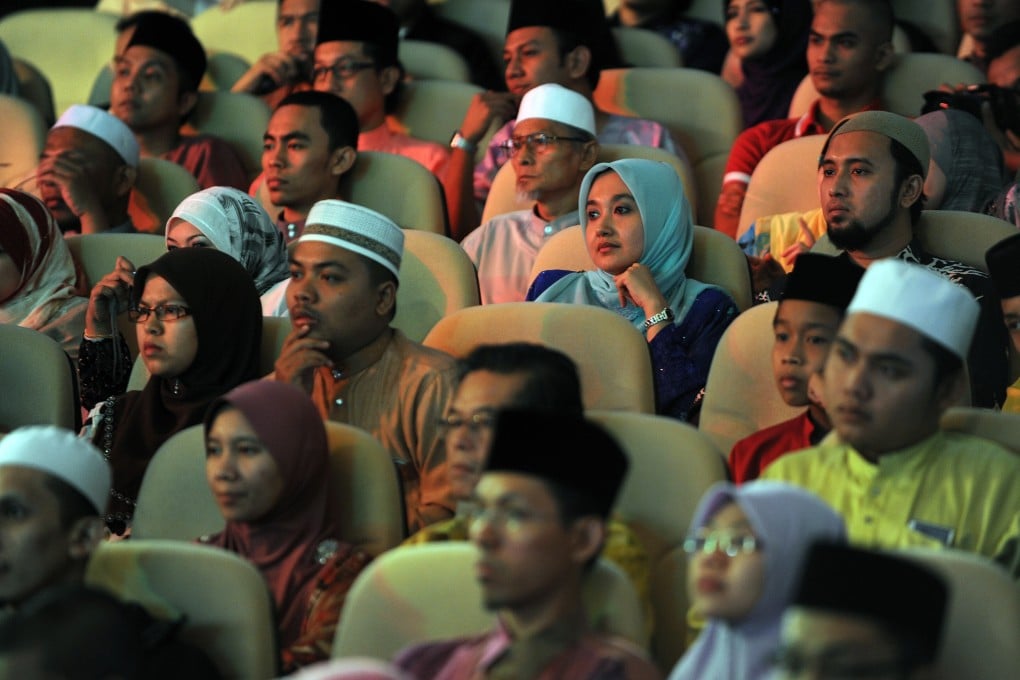Da’i Syed’s sex scandal: a test from God for Malaysia’s reality TV Islamic preachers?
- The fall from grace of the young celebrity Islamic ‘preacher’ Syed Shah Iqmal shines the spotlight on an increasingly popular genre of reality TV
- Shows where handsome young men compete in reciting the Koran and preparing bodies for burial are modernising religion, but with sometimes unfortunate consequences

Syed Shah Iqmal Syed Mohammad Shaiful, 25, more commonly known as Da’i (a term for those who invite people into the religion), had grown immensely popular following his stint in the show Da’i Pendakwah Nusantara (“Nusantara Preacher”), in which contestants competed to be the next big celebrity preacher.
But it was his subsequent scandal, which follows that of other celebrity preachers before him – such as Abu Sufyan who in 2019 caused a scandal by leaving one pregnant wife and divorcing another – that has really shone the spotlight on this relatively new form of Islam-based reality TV.
The genre has become increasingly popular among ethnic Malays by offering a “consumerist” version of Islam, says Dina Zaman, the founder of Iman Reseach.
Winners of the shows receive prizes such as a trip to Mecca to perform the haj pilgrimage, a job as an imam at a local mosque or even a full scholarship to universities in other Muslim countries.
Not coming out on top, however, is not necessarily a failure – some contestants on shows such as Imam Muda (“Young Religious Leader”) or Pencetus Ummah (“Community Catalyst”) go on to receive a healthy measure of fame, much like Syed who, despite only placing fourth, has enjoyed endorsement deals, a recording contract, acting gigs and a formidable social media following.